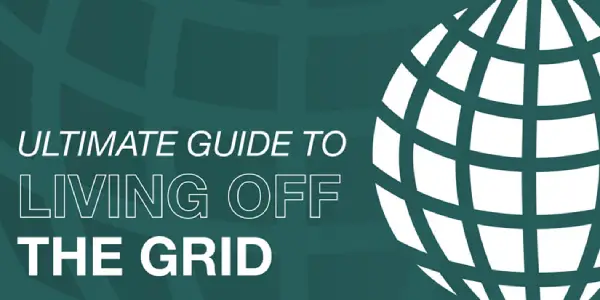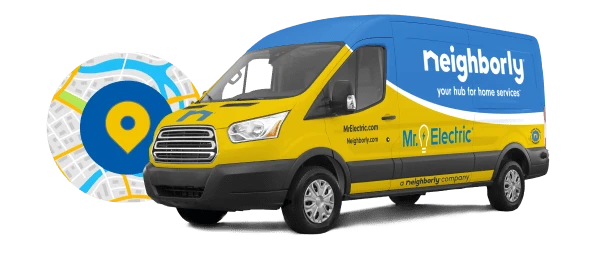
Mr. Electric’s guide to living off the grid outlines essential steps for energy independence and self-sufficiency.
|
According toForbes, an estimated 200,000 Americans choose to live off the grid. Whether your dream is to relocate to a remote area or you simply want to reduce your energy consumption and live in a more natural way, off-the-grid living could be incredibly rewarding and save you money in the long run.
Off-the-Grid Power Sources: Solar Panels
If you plan to still use electricity once living off the grid, you need a reliable power source. Solar panels are popular options for powering and heating your home, as well as heating your water. Off-the-grid solar arrays should be paired with batteries to store energy collected during the day for use at night. Mr. Electric® can size and install yoursolar energy systemso you can enjoy this source of free energy in the most cost effective way possible.
Remember, even if you rely almost exclusively on clean solar power, you should always have a backup energy source available. At night or during long stretches of overcast days, even your battery reserves may become depleted. In these cases, a gas- or propane-powered generator ensures you aren’t left in the dark.
Tips to Conserve Electricity While Living Off the Grid
Remember that cloudy forecasts will impact your access to electricity while living off the grid, so reduce your electrical consumption whenever possible with these tips:
- Refrain from using hairdryers, clothes dryers, large upright vacuums, electric stoves and other big energy guzzlers. Let your hair and clothes air dry, use small handheld vacuums and cook with propane to conserve electricity.
- Store perishable food in a mini-fridge.
- Heat your home with a wood stove in the winter and keep cool by opening windows and doors in the summer.
- Use only one appliance at a time.
- Unplug chargers once they finish recharging your cell phone, laptop or other device.
- Run high-energy appliances like the dishwasher and microwave only during daylight hours.
- Shower in the afternoon when hot water is most abundant.
- Place skylights and windows strategically to help reduce your need for artificial lighting.
Plumbing and Sources of Clean Water Off the Grid
Without the ability to rely on municipal water services, you need a plan for accessing clean water and disposing of waste. Assuming you settle down in one place, the most sustainable option for bringing clean water into your home is by drilling a well. You can also have water delivered in bulk, though you’ll need to install an atmospheric water storage tank and transfer pump.
Rainwater is another excellent source of clean water, and cisterns allow you to capture runoff from the roof. You can then use this excess water to grow your own garden and further your goal of achieving total sustainability.
In addition to ensuring clean drinking water, living off the grid requires you to have some sort of septic system. For permanent dwellings, a septic tank buried underground is your best option. This small-scale sewage treatment system handles your outgoing plumbing, including sink and shower drains and toilets. Periodic maintenance is important for keeping septic tanks in good condition.
Tips to Conserve Water While Living Off the Grid
Off-the-grid living requires you to conserve water and be careful what you put down the drain. To avoid filling up your septic tank too fast, follow these tips:
- Perform only one water activity at a time.
- Dispose of oil, grease and non-biodegradable items in the trash, not down the drain or toilet.
- Take short showers.
- Follow the rule, “If it’s yellow let it mellow. If it’s brown flush it down.”
For more information about off-the-grid living, please contactMr. Electrictoday.
For Further Reading:

